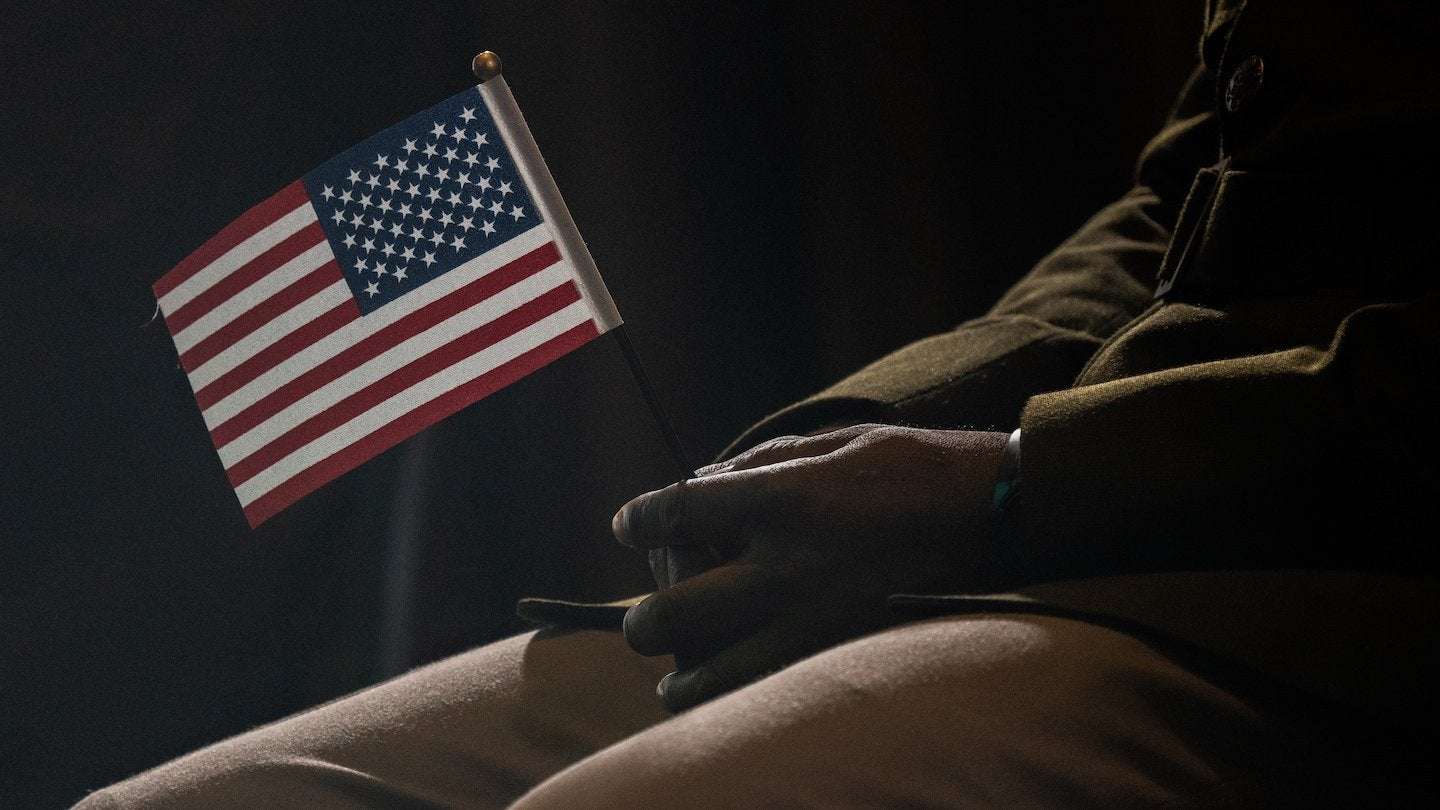John F. Kennedy, a young war hero running in his first congressional campaign, delivered a speech on July 4, 1946, at Faneuil Hall in Boston. It was mostly patriotic bromides about God and country. But it included a haunting meditation on the American soul. Sign up for a weekly roundup of thought-provoking ideas and debates ArrowRight “A nation’s character, like that of an individual, is elusive,” Kennedy said. “It is produced partly by things we have done and partly by what has been done to us. It is the result of physical factors, intellectual factors, spiritual factors. … In peace, as in war, we will survive or fail according to its measure.”
What does our national portrait look like on this Independence Day? Many of us see an angry, traumatized face, rather than the radiant glow of the Founders. That’s the odd thing about this hyperpartisan moment: Nearly every American, whatever their political perspective, has a foreboding that the country they love is losing its way.
How great is the danger of national decline? The Pentagon’s in-house think tank, which has the mysterious name “Office of Net Assessment,” commissioned a study of the problem by Michael J. Mazarr, a senior political scientist at the Rand Corp. It was just published, under the title, “The Societal Foundations of National Competitiveness.” It’s hardly upbeat summer reading, but it can be downloaded free online, and it’s well worth the time.
Follow David Ignatius 's opinions Follow Add
Mazarr’s disturbing conclusion is that America is losing many of the seven attributes he believes are necessary for competitive success: national ambition and will; unified national identity; shared opportunity; an active state; effective institutions; a learning and adaptive society; and competitive diversity and pluralism.
Let’s start with American ambition and confidence, once our most notable trait. “Writers and scholars alike … have argued that the spirit of adventurousness, experimentation and determination to remake the future have all ebbed in the American character,” Mazarr writes.
He notes polling that three-quarters of those surveyed in 2019 were unhappy about where the country is headed. A 2018 study reported that more than 60 percent of those polled had “more fear than hope.” And Americans across party lines don’t trust our country’s institutions. A 2018 poll registered only 10 percent who were “very satisfied” with how democracy is working; it also found that two-thirds of respondents agree that “public officials don’t care what I think.”
National unity and cohesion are declining, Mazarr believes. A country that was effective (sometimes brutally so) at assimilating diverse groups is more fragmented, and the idea of America as a “melting pot” seems archaic to many people. But our separate identities come at a cost: “A country with a rapidly diversifying population — though it gains competitive advantages from this diversity — will also face greater hurdles to sustaining a sense of coherent national identity,” Mazarr writes.
America remains an opportunity society, in principle, but Mazarr sees growing constraints. He cites the evidence of rising inequality. Between 2001 and 2016, the median net worth of the middle class fell 20 percent, and that of the working class plummeted 45 percent. He notes evidence that in each generation since 1945, children have been less likely to make more money than their parents.
These problems are obvious, but government hasn’t been willing or able to correct them. Mazarr quotes a World Bank assessment of gradually declining “governance effectiveness” in the United States over the past 20 years. It isn’t just a government problem, though. Private-sector productivity has been stagnant for decades, and corporations struggle with bureaucracy and bloat. Universities spend nearly as much on administration as teaching, and administrative costs account for a third of total health-care spending.
Part of America’s DNA is the idea that our problems are fixable. I’m still in that party of optimists. But I found Mazarr’s conclusions chilling. When countries begin to fail, he argues, “it is a negative-feedback loop, a poisonous synergy.” The energy that could reverse decline becomes sapped by mistrust and misinformation. Some people get so angry they want to burn the house down and start over.
We’re not at that cataclysmic point yet. I see positive signs in the slow but growing Republican willingness to challenge Donald Trump, and in the broad, bipartisan anger at the extremism of recent Supreme Court decisions. But bad things can happen to good countries, as our modern history shows.
The American character was once easy to define. We were a young, optimistic nation, fusing “one out of many,” as the Latin phrase engraved on our coins puts it. Wherever Americans had come from, they embraced the aspiration for “Life, Liberty and the pursuit of Happiness,” written in the Declaration of Independence. May it ever be so.

OneMetalMan on July 4th, 2022 at 12:37 UTC »
Half of the country is worried that they will be ruled by psychopaths in a few short years, and the other half apparently doesn't think the country is insane enough.
GhettoChemist on July 4th, 2022 at 12:34 UTC »
For different reasons. Some people are concerned because the GOP is trying to overthrow democratic elections, others think the US is in danger because colin kapernick wouldn't stand for the national anthem
JeffR47 on July 4th, 2022 at 12:12 UTC »
The most depressing thing I read in this was that every generation since 1945 has had lower earning potential than their parents. :(